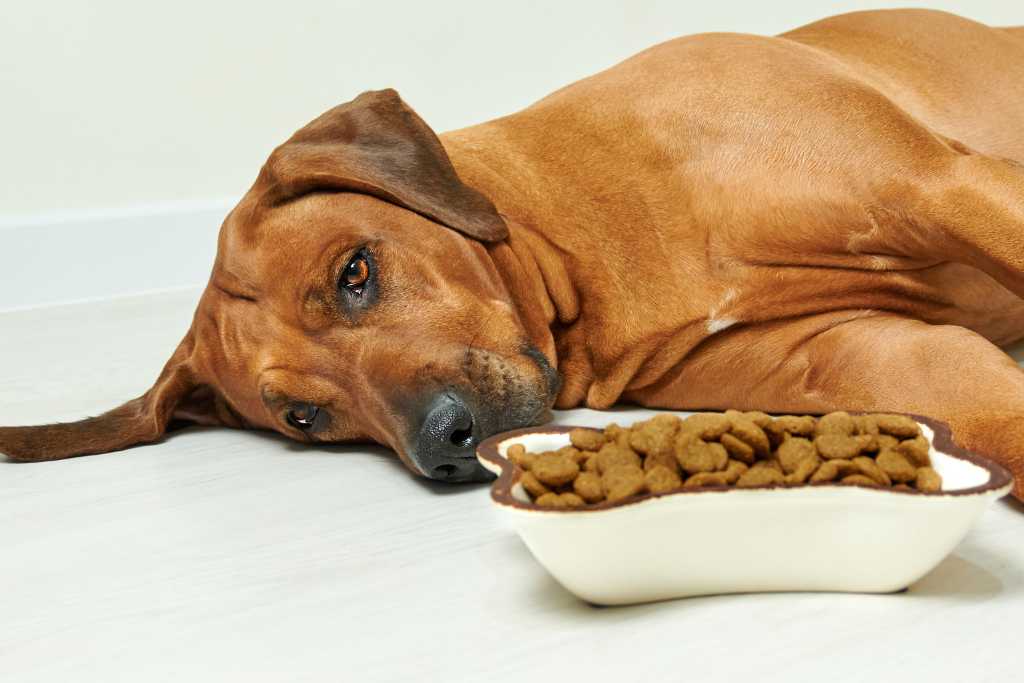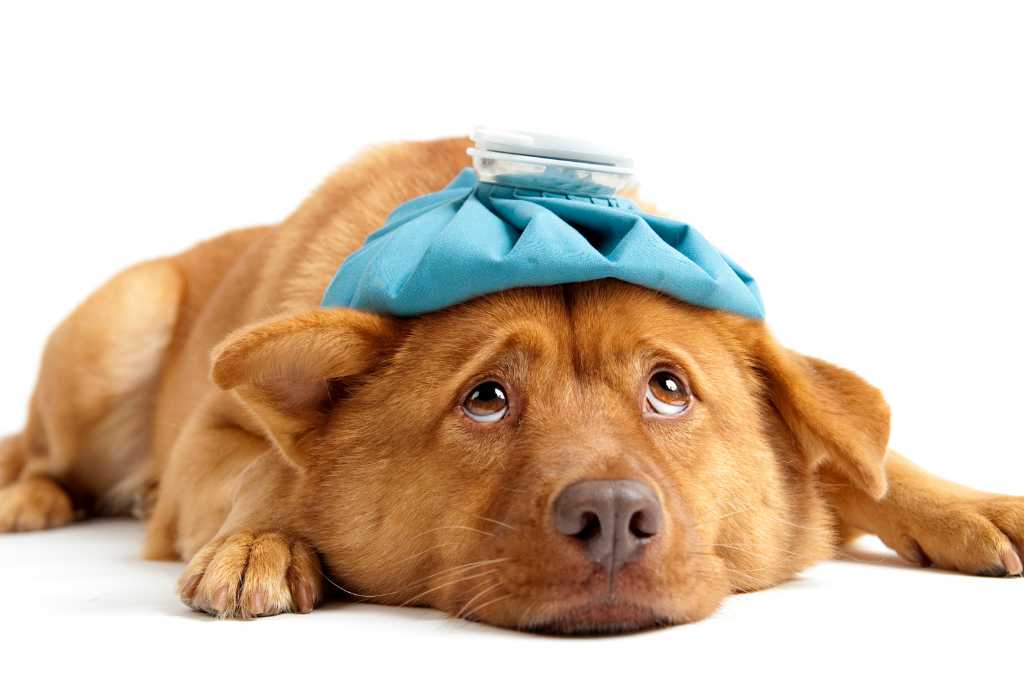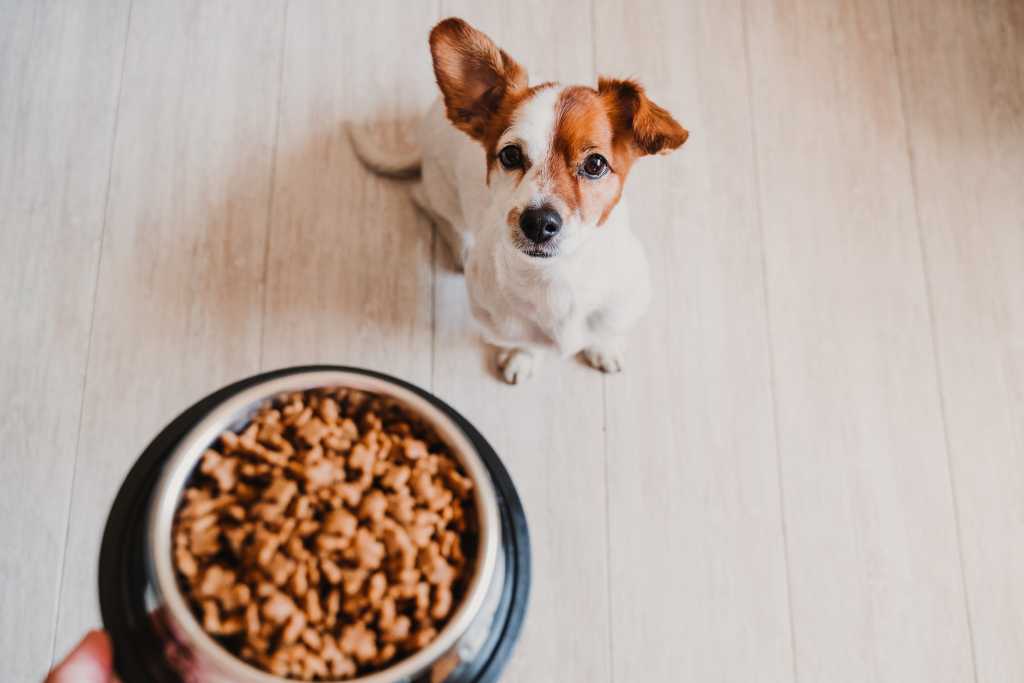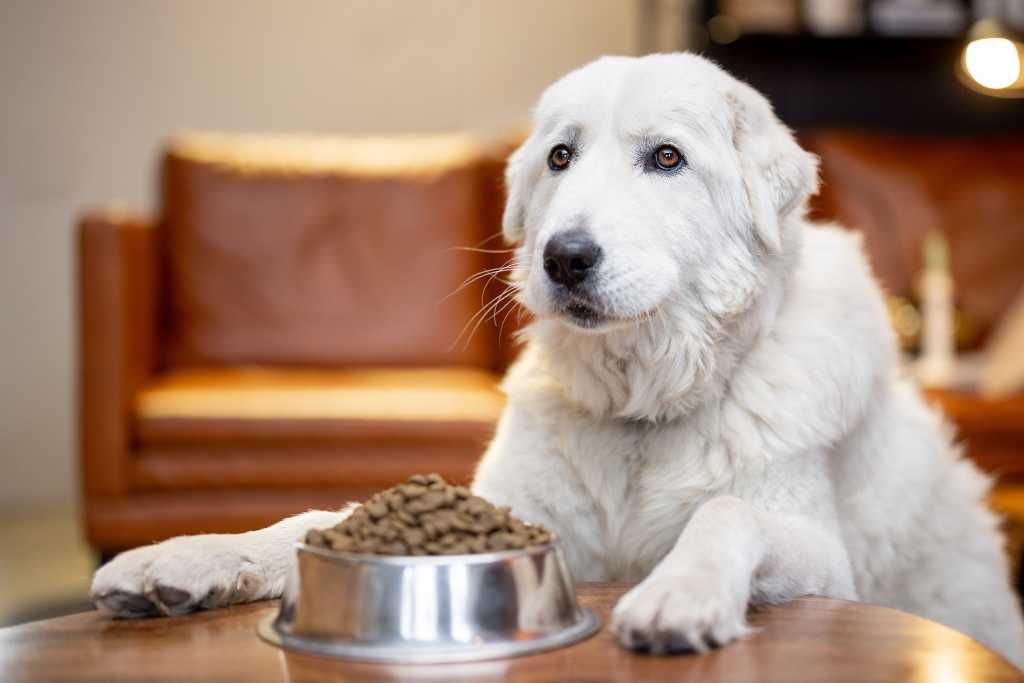MORE TO SHIP FREE 🚚
NICE. SHIPPING IS FREE 🎉
MORE TO REDEEM GIFT 🎁
YAY. REDEEM A FREE GIFT 🥳
YOUR CART IS EMPTY. SHOP NOW.
Like any pet parents, it can be concerning when your dog refuses to eat. A dog's appetite can fluctuate for various reasons, ranging from minor issues to more serious health concerns. Understanding the reasons behind a dog's refusal to eat is crucial for addressing the issue effectively. While occasional variations in appetite are normal, persistent lack of interest in food may indicate an underlying problem. So, let's delve deeper into some common causes.

1. Health issues
Health problems are a leading cause of appetite loss in dogs. Infections and illnesses, ranging from minor ailments to more serious conditions, can impact a dog's appetite. Common signs include lethargy, changes in behaviour, and a disinterest in food. Dental issues, such as tooth decay or gum disease, can make eating painful. Regular dental care, including professional cleanings and providing dental chews or toys, can help prevent and address dental problems. Gastrointestinal problems including internal parasites infection can cause gastrointestinal discomfort and affect a dog's appetite too. Regular deworming as recommended by your veterinarian helps prevent and address parasitic infestations. And pain from injuries or conditions like arthritis can also contribute to a reluctance to eat.
2. Change in environment or routine
Dogs are creatures of habit, and any significant change in their environment or daily routine can stress them out. Moving to a new home, introducing a new family member or pet, or even alterations in their feeding schedule can impact their eating habits. Gradual adjustments and maintaining a consistent routine can help alleviate stress-related appetite issues.
3. Dietary preferences or dog food allergies
Just like humans, dogs have preferences when it comes to food. They may not be enthusiastic about a particular brand or flavour. Additionally, food allergies or sensitivities can cause discomfort, leading to a refusal to eat. Experimenting with different types of high-quality dog food and consulting with a veterinarian can help identify the most suitable options for your pet.

4. Emotional stress
Our furry companions are highly sensitive to their environment, and emotional stress can manifest in various ways, including a loss of appetite. Changes in the household, the absence of a family member, or traumatic experiences can affect their mental well-being. Providing a secure and comforting environment, spending quality time with your dog, and engaging in activities they enjoy can help alleviate emotional stress.
5. Age-related changes
As dogs age, their nutritional requirements and metabolism may change. Senior dogs may experience a decline in appetite due to age-related conditions such as arthritis or dental issues. Specialised diets for senior dogs, regular veterinary check-ups, and modifications to their feeding routine can address age-related appetite changes.
6. Medication side effects
Certain medications can affect a dog's appetite as a side effect. If your dog has recently started a new medication, consult with your veterinarian to determine if it could be influencing their eating habits. Adjustments to the medication or exploring alternative options may be necessary.
7. Environmental toxins
Ingestion of toxins from plants, household chemicals, or certain foods can lead to digestive upset and a loss of appetite. Keep potentially toxic substances out of reach, and if you suspect your dog has ingested something harmful, seek immediate veterinary assistance.

1. Consult your veterinarian
If your dog's refusal to eat persists for more than a day or two, it's crucial to seek professional advice. A veterinarian can conduct a thorough examination to identify any underlying health issues and recommend appropriate treatment.
2. Address dental issues
Dental problems, such as tooth decay or gum disease, can make eating painful for your dog. Prevention is best. Regular teeth brushing using a dog-friendly toothbrush and gel, and dental check-ups can help maintain oral health and prevent discomfort during meals. Occasionally, give your pup a dental chew to to help scrape plaque and tartar. Give this Absolute Holistic Peanut Butter Petite Dental Dog Chews a try. They are designed with 360° nubs and ridges with hollow spaces in between for better grip to clean teeth right down to the gum line while satisfying the canine instinct to chew.
3. Gradual diet changes
If you're introducing a new diet or food brand, do it gradually. Sudden changes can be overwhelming for dogs, leading to a reluctance to eat. Mix small amounts of the new food with the old, gradually increasing the proportion over several days.
4. Create a calm feeding environment
Reduce stress during mealtime by creating a calm and quiet environment. Avoid loud noises or disturbances, and ensure your dog has a comfortable and clean eating area. Some dogs may not want to eat in a stressful environment. On the other hand, some tend to gobble down their food when stressed. When a dog eats too fast, they may swallow large amounts of air along with the food. This excessive air intake can lead to bloating and gas, causing discomfort in the stomach. This can be prevented by using a slow feeder bowl. Ultimately, minimise distractions and create a calm feeding environment to reduce stress and anxiety, as these factors can contribute to refusal to eat or fast eating.

5. Offer tasty dog food toppers
Sometimes, a lack of interest in regular meals can be countered by introducing tasty toppers or mixers to their food. These additions can stimulate their appetite and make mealtime more appealing. Sprinkle Nandi Freeze-Dried Meat Sprinkles on your dog’s food for an instant flavour boost. For dogs on dry kibble, adding a good quality bone broth like The Grateful Pet Bone Broth For Dogs & Cats (Beef) is a great way to hydrate and enhance the flavour of the dog kibble. Bone broth is also rich in collagen and other compounds such as chondroitin and MSM, which can be beneficial for your pup’s joint and gut health.
6. Warm the dog food
Warming your dog's food slightly can enhance its aroma, making it more enticing. Be cautious not to make it too hot, and always test the temperature before serving. The increased smell can encourage your dog to eat.
7. Regular exercise
Physical activity can boost a dog's metabolism and promote a healthy appetite. Ensure your dog gets regular exercise through walks, playtime, or other activities suitable for their age and breed.
8. Monitor portion sizes
Overfeeding can lead to picky eating habits. Ensure you're providing an appropriate portion size for your dog's size, age, and activity level. Adjust the quantity of food based on their individual needs.
9. Rotate protein sources
Adding variety to your dog's diet by rotating protein sources can mimic their natural instincts and make meals more interesting. This can be achieved through rotational feeding. Rotational feeding involves periodically changing your dog's diet, including variations in protein sources and types of food (such as wet food, dry food, or raw). It's a holistic approach that deviates from the traditional practice of sticking to one type of food indefinitely. While this method has gained popularity for its potential health benefits, it's crucial to execute it correctly to prevent any potential digestive discomfort for your dog.
10. Patience and observation
Every dog is unique, and finding the right solution may take time. Be patient, observe your dog's reactions to different approaches, and adjust your strategy accordingly. Regularly reassess their eating habits to ensure they stay healthy and happy.

A dog not eating can be a worrisome situation, but with careful attention and appropriate actions, you can address the issue and help restore your furry friend's appetite. Whether it's a simple adjustment to their environment, a change in diet, or a visit to the veterinarian, understanding the potential causes and implementing the right solutions is key to ensuring your dog maintains a healthy and balanced diet. Regular veterinary check-ups, a balanced and nutritious diet, and attentive care tailored to your dog's individual needs are essential for maintaining their overall health and well-being. If your dog's appetite changes persist or if you notice any concerning symptoms, consult with your veterinarian for a thorough evaluation and guidance.

Comments will be approved before showing up.
Stop puppy nipping early! Learn simple, friendly tips to teach bite inhibition and raise a gentle, well-behaved dog.
Treat smarter, not more. Learn how to choose safe, healthy dog treats, how much to give, and how to reward...
Meaningful, pet-safe ways to celebrate Chinese New Year with your dog - from festive attire, grooming to safe treats and...



